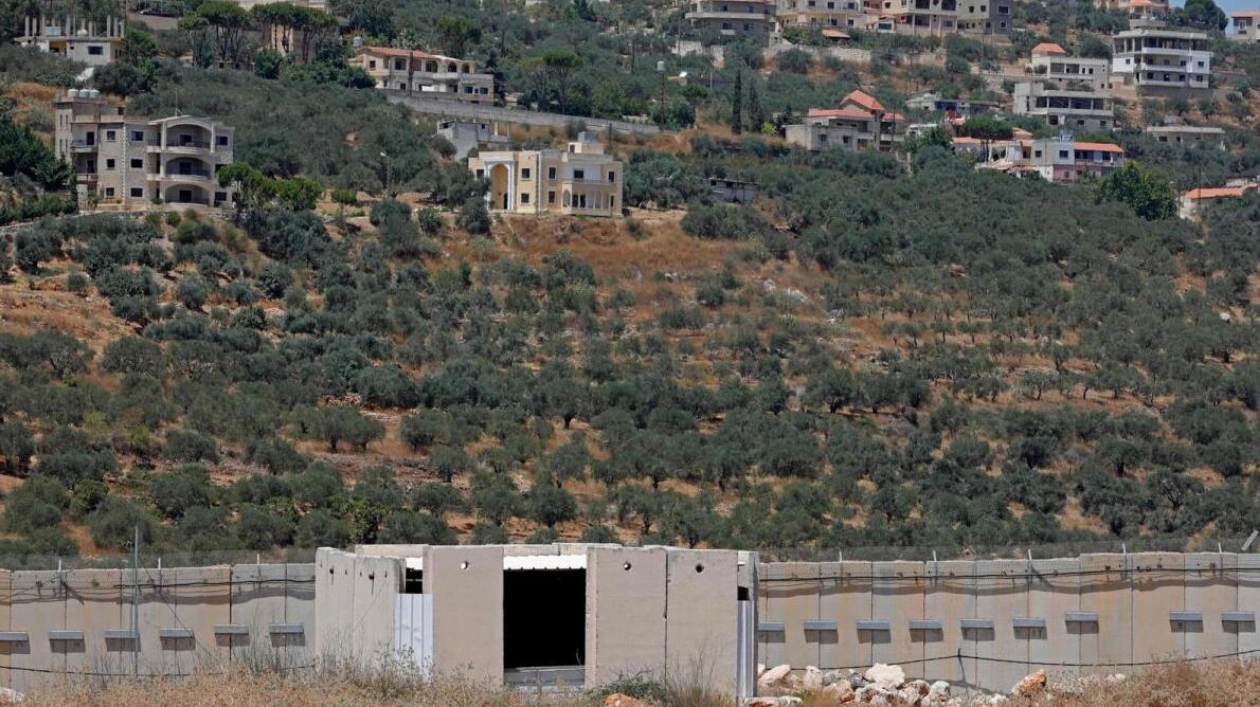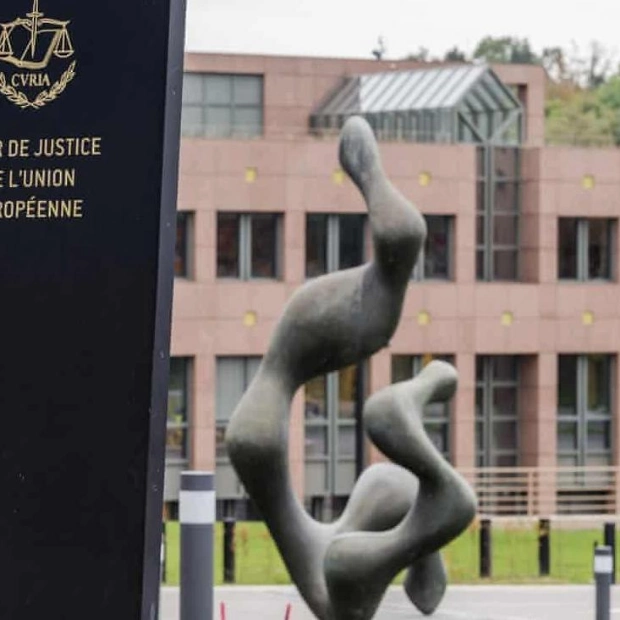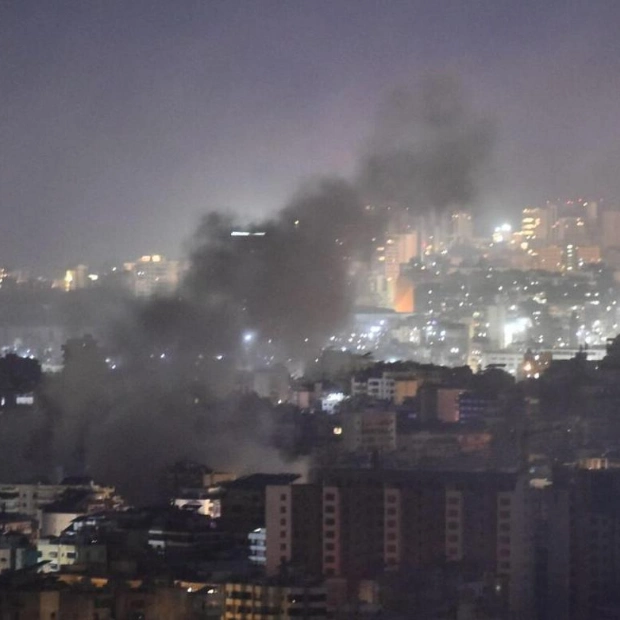Hezbollah's adaptable command structure, coupled with its extensive tunnel network and a substantial arsenal of missiles and weapons accumulated over the past year, is aiding it in withstanding unprecedented Israeli attacks, according to three sources knowledgeable about the Lebanese militant group's operations.
Israel's recent offensive against Hezbollah, which includes targeting senior commanders and detonating booby-trapped communication devices, has significantly impacted the powerful Lebanese Shia group. On Friday, Israel assassinated Ibrahim Aqil, the founder and leader of Hezbollah's elite Radwan force. Since Monday, Lebanon has experienced its deadliest violence in decades, with over 560 people, including 50 children, killed in air strikes, according to the health ministry.
Israeli military chief Herzi Halevi stated that Aqil's death had a significant impact on the organization. However, two sources familiar with Hezbollah's operations claim that the group swiftly appointed replacements for Aqil and other senior figures killed in the Beirut airstrike. Hezbollah leader Sayyed Hassan Nasrallah has emphasized the group's ability to quickly fill leadership gaps.
A Hezbollah official revealed that the attack on communication devices injured 1,500 fighters, many of whom were blinded or lost hands. While this is a significant blow, it represents only a fraction of Hezbollah's estimated 40,000-50,000 fighters. Since October, Hezbollah has redeployed fighters to frontline areas in the south, anticipating a prolonged conflict.
Hezbollah's main supporter and weapons supplier is Iran, and the group has been rapidly bringing rockets into Lebanon. Its resilience is attributed to its networked organizational structure, making it a formidable opponent for Israel. The fighting has escalated, with Hezbollah continuing to fire rockets into Israel.
Hezbollah's ability to communicate is sustained by a dedicated fixed-line telephone network and other devices. Many fighters carry older pagers unaffected by recent attacks. If the chain of command breaks, frontline fighters are trained to operate in small, independent clusters, as seen in the 2006 war.
Israel's escalated attacks aim to degrade Hezbollah's capabilities and ensure the safety of displaced Israelis. Prime Minister Netanyahu's government prefers a negotiated agreement but is prepared to continue bombing if necessary. Hezbollah's resilience raises concerns of a protracted war involving the US and Iran.
Hezbollah is believed to have an underground arsenal and a vast tunnel network, posing significant challenges for Israel. The group's military infrastructure is tightly integrated into southern Lebanon's villages, making it difficult to target without causing civilian casualties.






